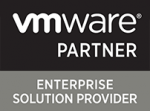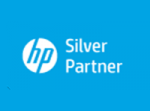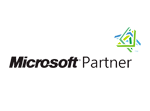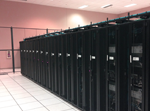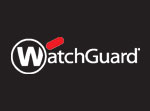4 Factors SMBs Need to Consider When Securing Cloud Data
The cloud has changed how businesses handle data. From traditional infrastructures and setups where data is stored on-premise, more and more companies are opting to entrust their data in remote cloud servers that are owned by third-party providers. Something unthinkable just a few decades ago.
The cloud, however, has acquitted itself not only as a viable alternative to traditional on-premise networks but a better choice, especially for smaller businesses.
There are plenty of reasons why, but mostly these three benefits are what sets cloud computing from traditional on-premise systems:
- No Need for a Large Capital Investment – Most cloud computing services are offered in a subscription basis. Customers subscribe to the provider so that they can avail of their IT services including network and data hosting in their cloud servers. Unlike with traditional setups where the business needs to invest large amounts of money for servers and other expensive hardware to host their own data.
- Mobile Workforce – Another advantage of the cloud is that it can be accessed from anywhere. As long as the user has an internet connection and the proper credentials, they will be able to access company resources from their laptop or mobile device.
- Scalable IT Services – With traditional systems, expanding the network means additional capital investment for more cabling and extra hardware. Expanding cloud services for your business simply means expanding your subscription for additional coverage.
The Dangers Lurking in the Cloud
Even with all the positive things about cloud computing, nothing is ever perfect in the IT world. The delivery and transmission over the internet put the data in danger of being intercepted. In addition, company-connected devices that use public Wi-Fi can also be used as a gateway by cybercriminals.
This is not to scare businesses against the cloud. Cloud providers do employ high-level and multi-layer security protocols to prevent, detect, and contain different threats.
Even with these measures, companies must still be vigilant in protecting their cloud data because security is not just a responsibility of the cloud provider, but your business as well.
What Should You Consider When Securing Your Data in the Cloud?
To help you do your part in securing your IT assets in the cloud, here are some of the factors your business might want to consider
Classify and Segregate Data
While your cloud provider can safely host your data, it is up to you to restrict access to certain types of data. However, before you can do that, you need to be able to classify the data that you have based on their sensitivity. You can have as much classification as you need but the most basic are these three:
- Restricted Data – The most sensitive data.
- Confidential or Private Data – Refers to moderately sensitive data
- Public Data – These are non-sensitive data
By having a systematic way of classifying and segregating data, restricting access to sensitive information will be easier.
Restrictions and Permissions to Company Data
While your cloud provider can provide you with the ability to restrict employee access to certain data and applications, it will still be up to you to decide who will be given privileges to access restricted and critical data.
With data now systematically classified as mentioned above, you can now identify positions and duties that will need access to certain types of data.
Now, you can match each position and employee to certain restrictions. You can now provide the right permissions and privileges as needed.
Separate Company Data from Personal Data on Mobile Devices
The modern workplace is all about mobility and it led to policies like BYOD (Bring Your Own Device) which allows employees to use their personal devices for work. This allows them to work from anywhere even outside the office.
The problem is that employees tend to mix personal files with company data. What you need is to implement a device management system lets you manage how your employees access company data in their device. Also, it adds another layer of security to the device through a rigid authentication process and encryption.
Employ Dynamic Perimeter Control with Advanced Analytics
This will allow you and your IT staff to better evaluate the cloud infrastructure of your business because you will get real-time reports on security performance.
Through a dynamic perimeter, you will get better control over who can access data, how data can be accessed, and what can be accessed from the cloud servers at any given time.
The cloud has changed the IT landscape and allowed SMBs to compete against larger enterprises when it comes to available technology. Don’t take it for granted and let that advantage go just because you do not want to do the necessary work to protect your own cloud-hosted data.
Network Medics – A Trusted Technology Partner to Small & Midsize Businesses
We want to be your trusted IT partner! From budgeting to planning to consulting, Network Medics will be there for you…so you can focus on running your business.
Contact us today to learn more about our cloud services for your business.


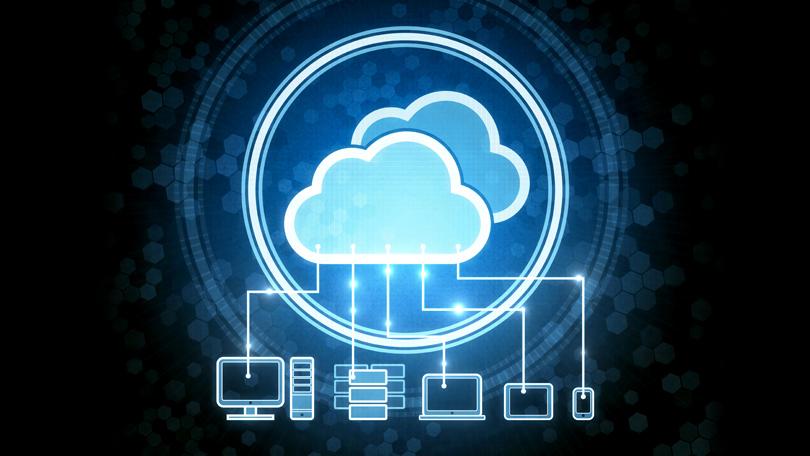
 Questions about
Questions about
